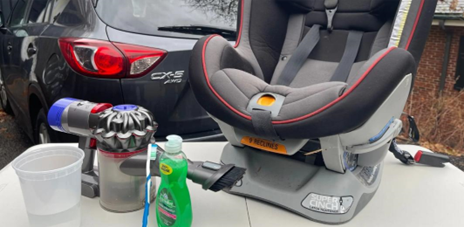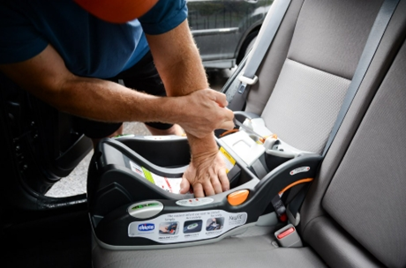A load generator is a device that helps in taking away the burden of power supply interruptions and provides electrical power in times of need. Load Generators are used in various industrial applications for taking away the burden of large electrical requirements that need to be generated during production periods. They are used worldwide by large as well as small manufacturing industries, agriculture, construction, mining, forestry, and household manufacturing.
Generators work with an electric motor that is capable of generating electricity when the requisite voltage is provided. The load generator mainly functions through the addition of one or more additional devices such as a generator drive and the like. Some generators are connected to the main power line while others are independently installed. The most important advantage of the use of generators is that it cuts down the utility bills.
With increasing demands for energy, the price of power is constantly on a rise. It has become expensive for most of the common people to keep the appliances in the rooms. They are also finding it difficult to run all the gadgets like computers, fax machines, modems, etc. on their electricity supply. This is where the load generator comes into picture.
Most of the industrial generators are designed in such a way so that they can power up all the electrical appliances and other heavy goods when required. These days, the load generators are becoming more popular among people because they are capable of running several appliances and other electronics with ease. The industrial generators can be of different types. Some are capable of running on diesel or gasoline, whereas some of them are capable of running on electricity alone. In addition to this, generators can also function well even if there is no or little sunlight.
The industrial generators are also available in a wide range of sizes. These generators are made keeping in mind the requirements of industries. Smaller generators can be used in domestic settings to cater for the minor needs of the home. On the other hand, there are also larger generators for commercial purposes. So, whether you are a small-scale farmer or a large factory owner, you can make use of a load generator.

You will find that the commercial generators are much larger in size compared to small generators. The commercial generators generally have more features as compared to small generators. For example, the load electric generator has many different speed settings, load distribution capability, overload shut off, separate hot and cold water connections among others.
Even if you are using small generators for domestic purposes, it is advisable that you should hire a professional technician to install the same. This is because small generators produce a great amount of noise and hence, you cannot do it yourself. Moreover, hiring a technician reduces the chances of damage or theft to your property. Also, professional technicians know where the main supply of electricity is and they can cut the power from the main line if necessary. If you want to install it yourself, you can hire an expert technician who will charge you less than the normal rates.
However, the cost of installing the generator depends on the place where you are going to locate it. In order to determine the correct location, it is advisable to consult an electrician. The electrician will ensure that the generator is placed at the right location so that there will be no mishap or injury due to it. Also, the electrician will also recommend you the proper wiring.
The next step is to set up the load generator. However, you should remember that it will take time to install the generator. For this reason, it is advisable that you do not try to install it on your own. Rather, you should seek assistance from an experienced technician who will do the installation for you. This is because a novice cannot handle the complex wiring system and the generator may get damaged in the process of setting it up. Besides, there is a great possibility that you might kill somebody along the way.
Next, you have to decide on the size of the generator that you will purchase. You should buy a smaller one if you are going to use it in the backyard of your house. It is because a large generator will consume a lot of room and will occupy too much space. A small generator is a good choice if you want to store it in a garage, shed or basement.
Finally, it is important to know how the generator works. It consists of a compressor, a condenser, a turbine and a distribution unit. The compressor converts the mechanical force of the wind into electricity. The condenser stores the hot steam generated by the turbine and directs it to the air. The turbine is responsible for generating the electricity and the distribution unit functions as the main distribution line.






